In his essay “The Myth of the Old West,” the American literary critic T.K. Whipple wrote, “All America lies at the end of the wilderness road, and our past is not a dead past but still lives in us. … Our forebears had civilization inside themselves, the wild outside. We live in the civilization they created, but within us the wilderness still lingers.”
This claim, of America’s struggle with the wilderness, permeates director Kevin Costner’s new four-part film series, Horizon: An American Saga. Released in theaters late last month and on digital streaming July 16, chapter one of the Horizon series is a story of civilization versus entropy in the history of the American West. It is a narrative showing how various members of one society move West to carve out a new life in an unforgiving land while another society watches as their way of life fades.
The film opens in 1859, on a shot of an ant hill in the San Pedro Valley (in present-day Arizona), immediately drawing our attention to the tenacity required both to survive the harsh frontier and to build a society there. Three surveyors are marking the borders of a new town, Horizon, under the disapproving eyes of the Apache who hunt the land.
A few weeks after the surveyors’ scene, a Catholic missionary (Angus Macfadyen) rides into the valley, seeking the new Horizon. But he finds only an old drunk in the ruins of a Spanish mission and, by the river, three decaying bodies. The missionary buries the bodies beneath three wooden crosses which will overlook the new town, paints the middle cross red to indicate the sacrifice by which comes salvation, and continues preparing the land.
Four years later, Horizon is established and bustling—its streets filled with music and laughter from families settling in—when a brutal Apache attack ravages the town. The conflict leaves the almost aristocratic Frances Kittredge (Sienna Miller) and her daughter among the few survivors. Hundreds of miles east, Owen Kittredge (Will Patton)—Frances’ brother-in-law and a single father raising boyish daughters—is heading across the Great Plains to Horizon in a wagon train led by the capable Matthew Van Weyden (Luke Wilson), who embraces the hardest working families like Owen’s while protecting the prospects of wholesomeness, properness, and education represented by a naive British couple.
Meanwhile, in Montana territory, a beautiful, scrappy mother, Lucy (Jena Malone), finds herself and her young son living with a Neanderthalic mountain clan. Hoping to give her innocent child a more civilized life, Lucy flees south to Wyoming. There, she stops in a little mining town, marries a harmless businessman, and boards an independent prostitute named Mari (Abbey Lee), who has herself taken one small step up and away from the filthy brothels that beckon her. It is here, as the clan comes looking for Lucy, that a horse trader and gunman named Hayes Ellison (Kevin Costner) becomes entangled in the story with the artfully vicious burst of an impromptu pistol duel. In a kind of Arthurian knight’s tale, Hayes takes control of the situation, and the group heads further south, to Horizon.
As each story reaches its climax, Horizon’s always purposeful pace brings these crosscutting narratives together. The film begins slowly and progressively builds until the intersecting, Tolstoyesque plots end in a montage that concludes the film, gives us a look at the forthcoming chapter two, and shows each of the surviving characters converging upon the town of Horizon, rebuilt after the Apache attack and burgeoning. For Costner—who also produced and wrote the movie—the throughline connecting these stories is an attempt to depict what he seems to regard as the forgotten fortitude of the pioneers who crossed the plains to settle the American West.
Costner also shows that he has matured as a filmmaker since his Romantic days making such sentimental films as his Oscar-winning Dances with Wolves. He has grown to see better how hard civilization must fight against entropy and chaos to preserve order and protect the good and the beautiful. He has decided to pass that old-fashioned education, earnestly and sincerely, along to his audience through this American Saga.
Moreover, Costner succeeds in communicating this education through the poetic storytelling of the epic Western genre film. The stories feature characters who are both symbolic and fully human. The cinematography from J. Michael Muro, who last worked with Costner on Open Range, is gorgeous, beautifully capturing the wide-open spaces of Utah where they filmed. The acting from the entire cast is excellent and effective. And the exciting, uplifting music from the prolific composer John Debney fits the expansiveness of the story and country well.
Each of Horizon’s stories contrasts civilization with the natural chaos and disorder of entropy. Each story features primary characters who have been elevated above the rest by their ability, beauty, courage, determination, goodness, intelligence, prudence, resourcefulness, willpower, or wisdom. And each story asks the viewer to imagine himself and those he loves in each scenario.
Through Horizon: An American Saga, at least what we have of it so far in the first chapter, Costner reminds his audience that civilization must be both built and maintained. “This is what a man will tell himself, tell his wife, and they’ll tell their children,” Col. Albert Houghton (Danny Huston) monologues, “that if they’re tough enough, smart enough, mean enough, all this will be theirs someday. That’s how they’ll reason in the face of fear, that they’re the ones who are going to hold out. And some of them will.”
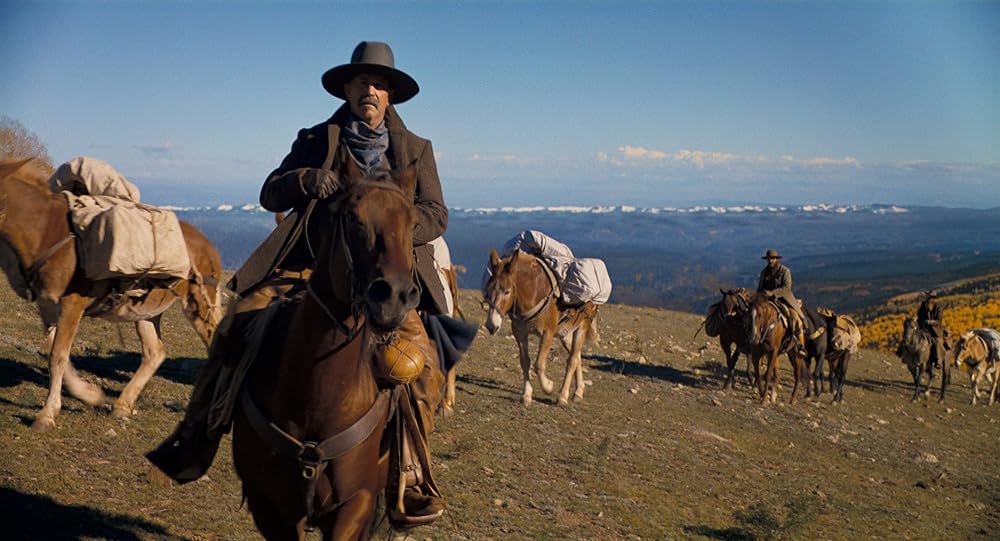
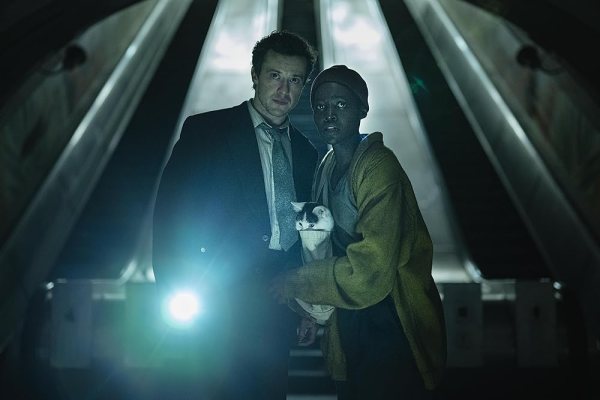
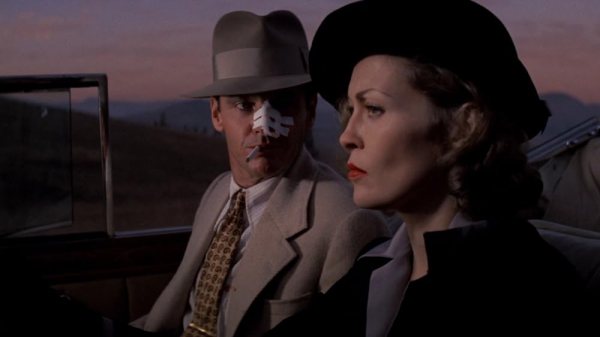
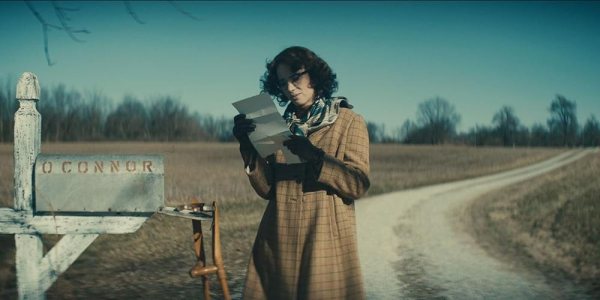

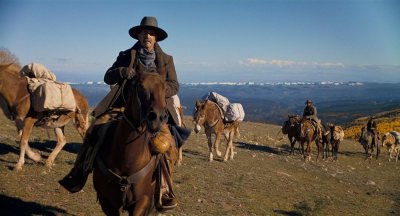
Please note that we at The Dispatch hold ourselves, our work, and our commenters to a higher standard than other places on the internet. We welcome comments that foster genuine debate or discussion—including comments critical of us or our work—but responses that include ad hominem attacks on fellow Dispatch members or are intended to stoke fear and anger may be moderated.
With your membership, you only have the ability to comment on The Morning Dispatch articles. Consider upgrading to join the conversation everywhere.